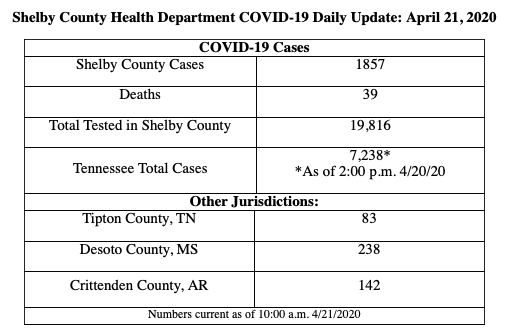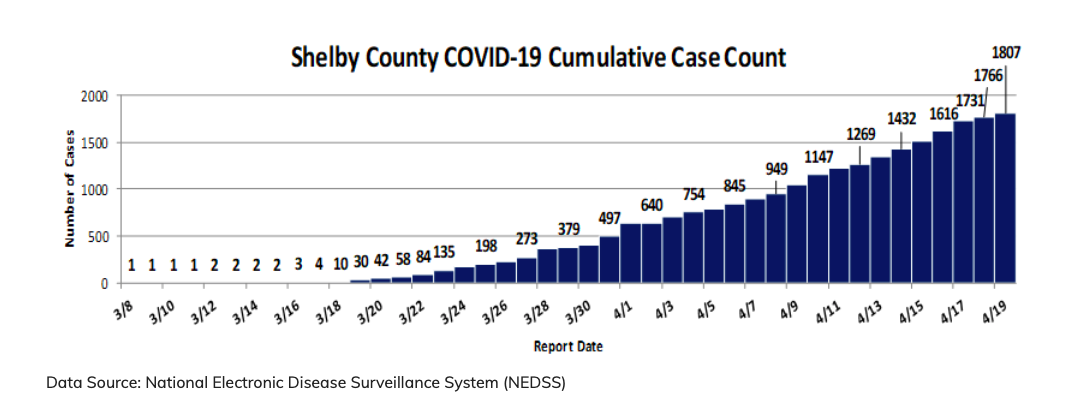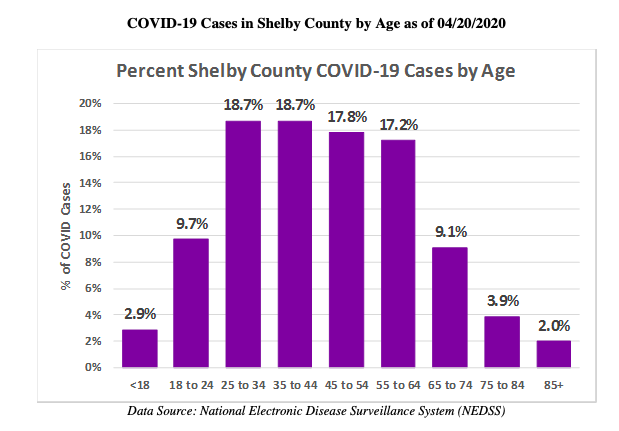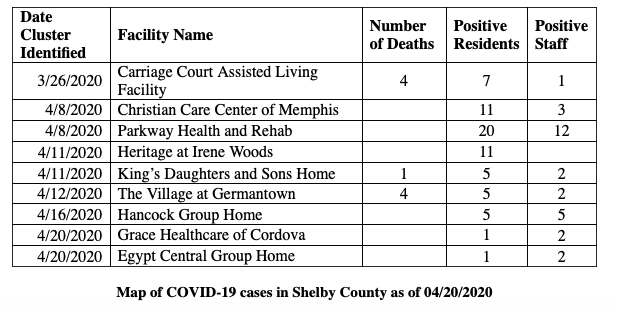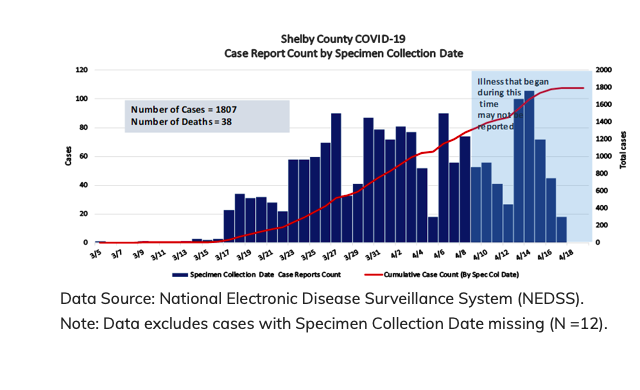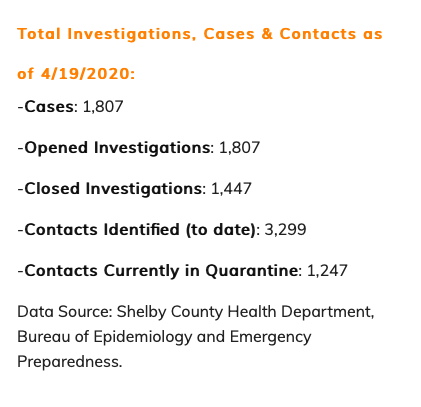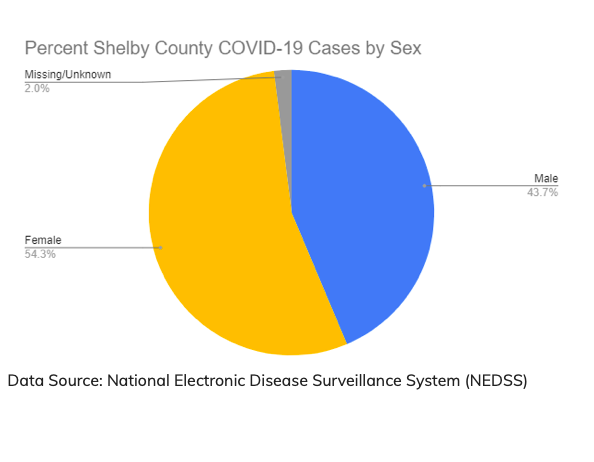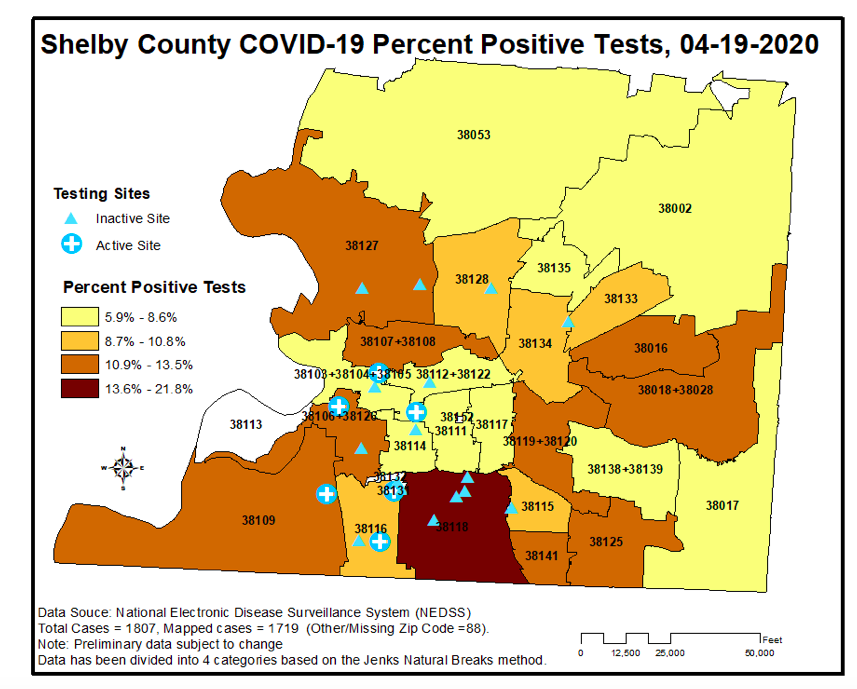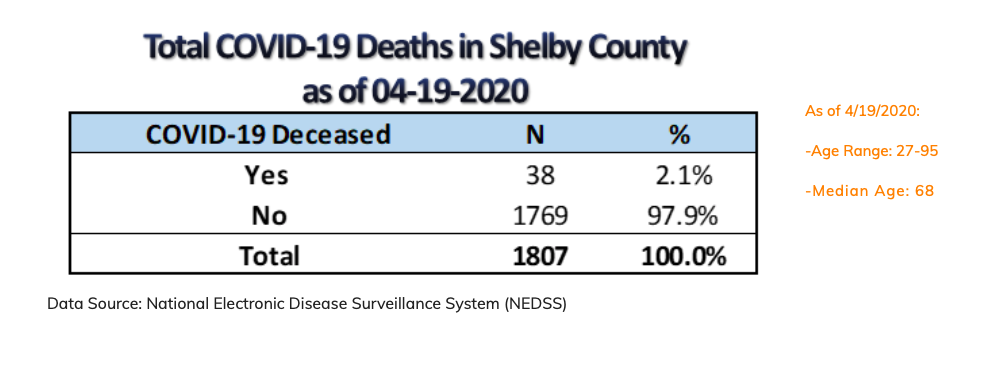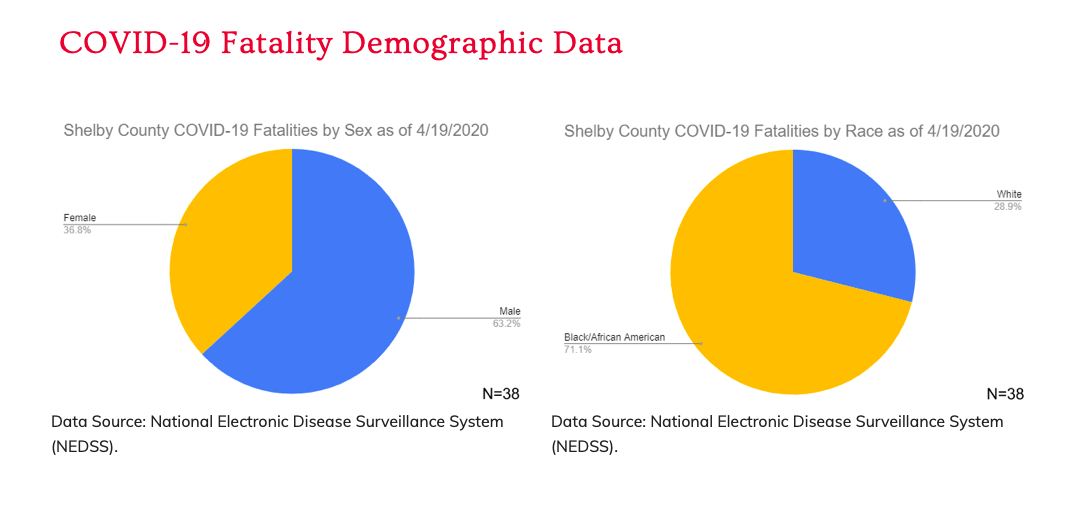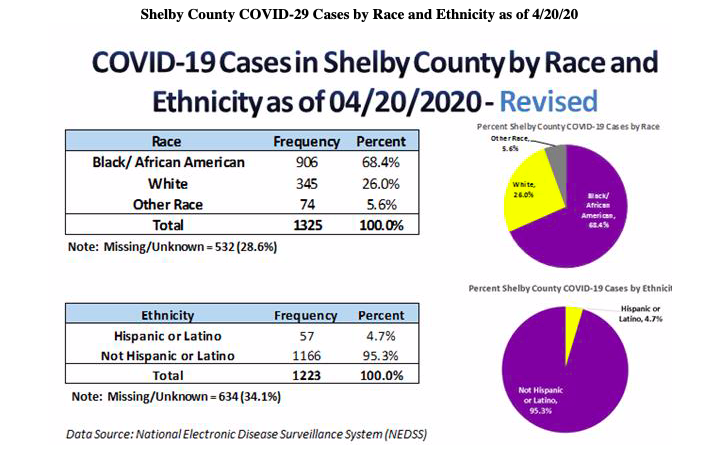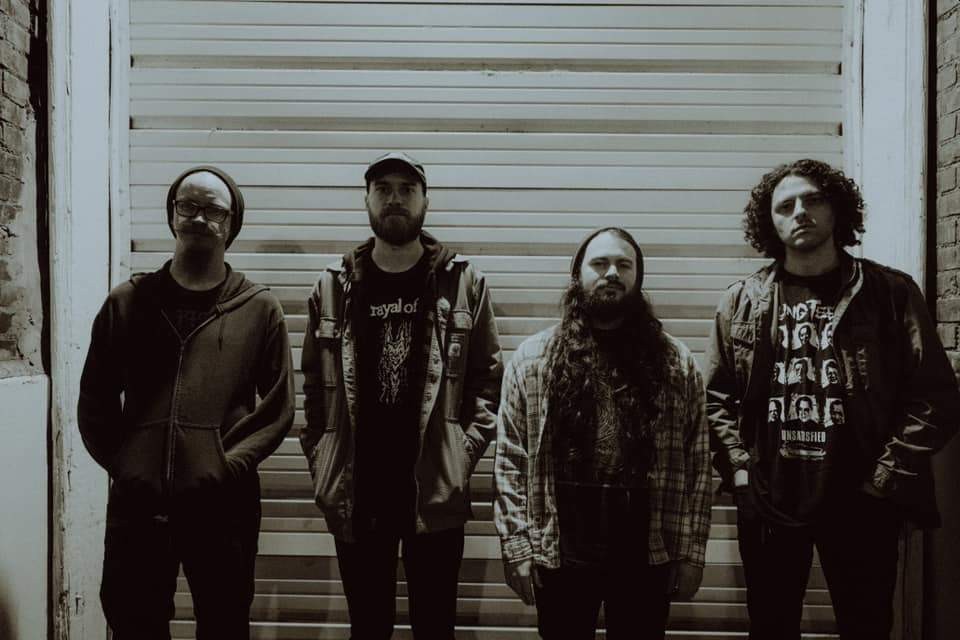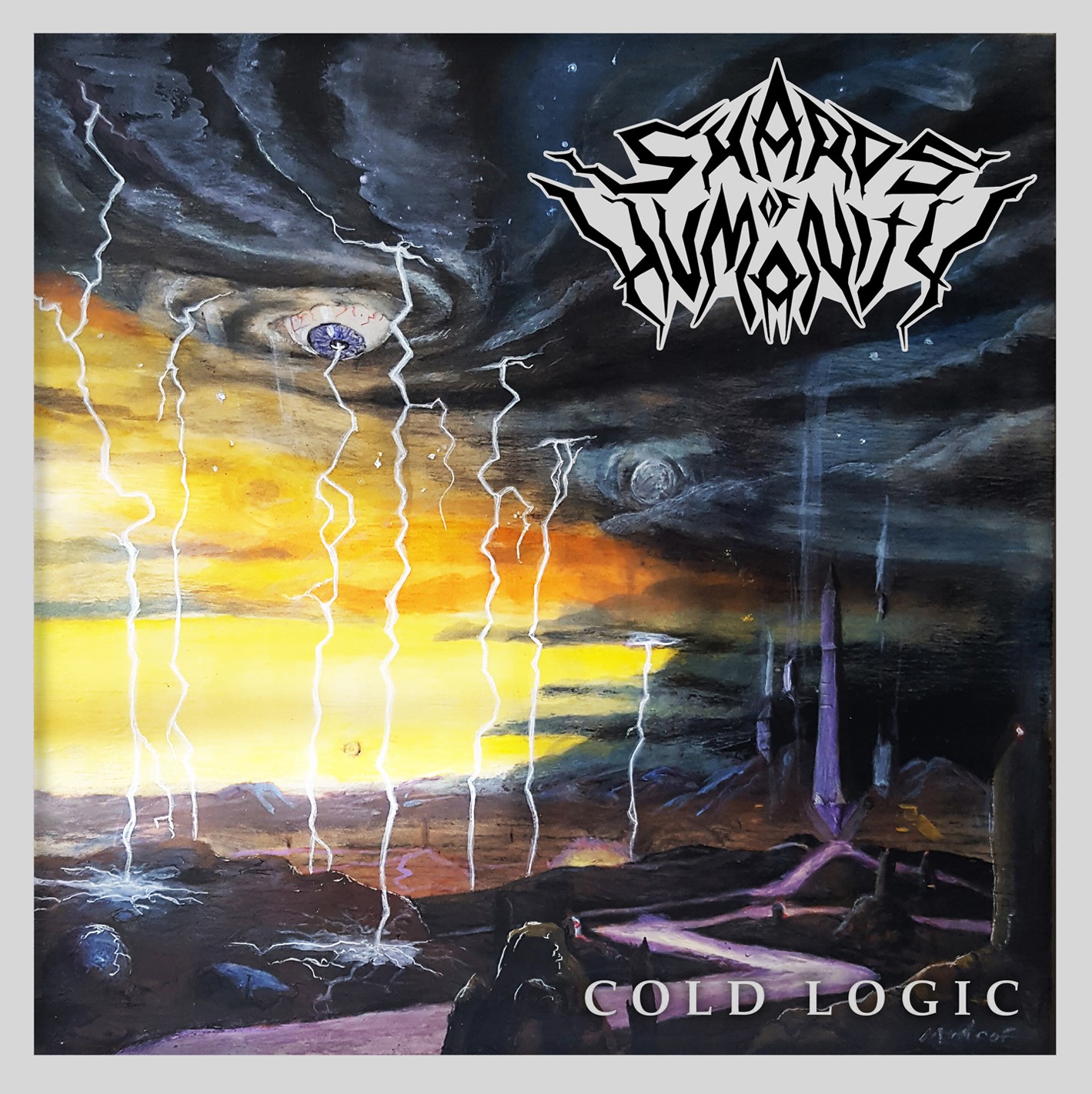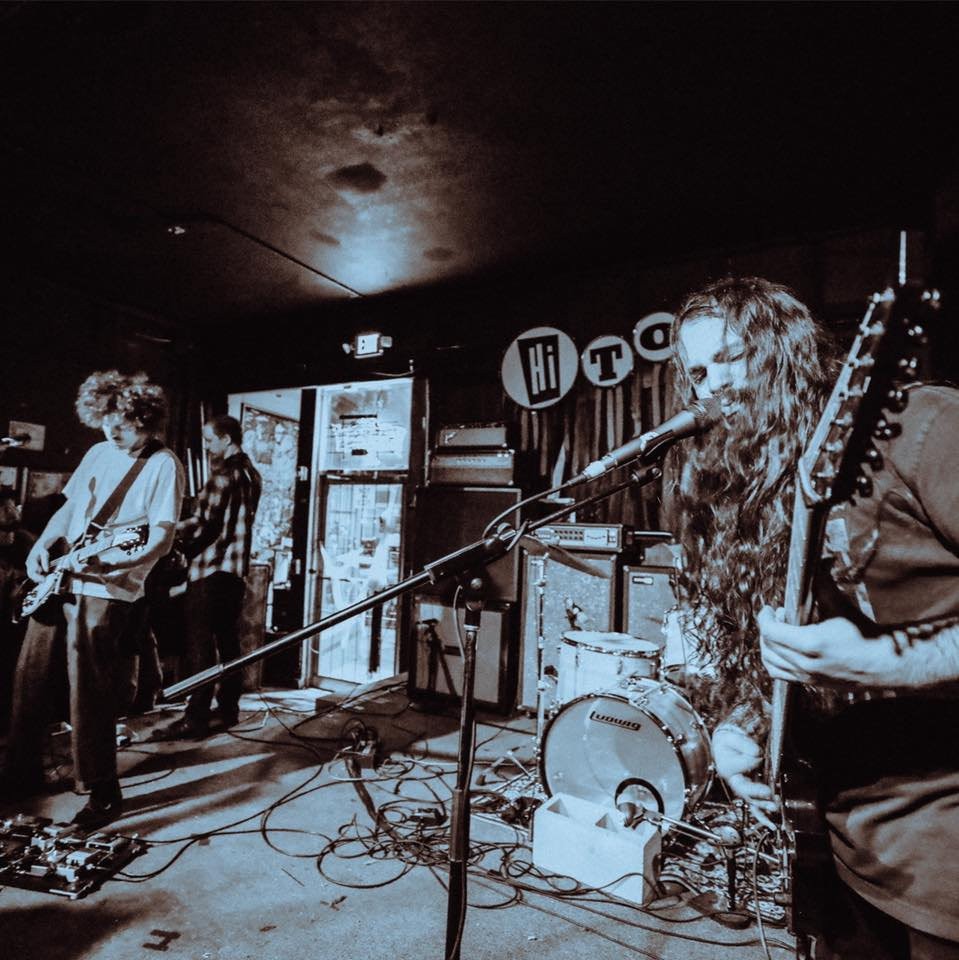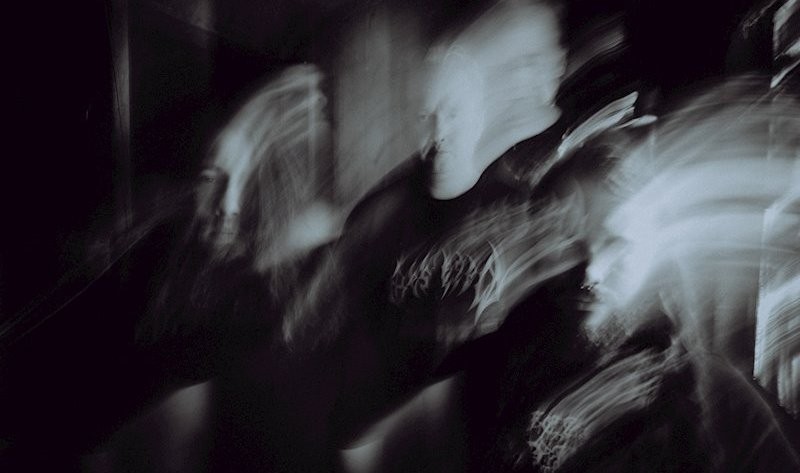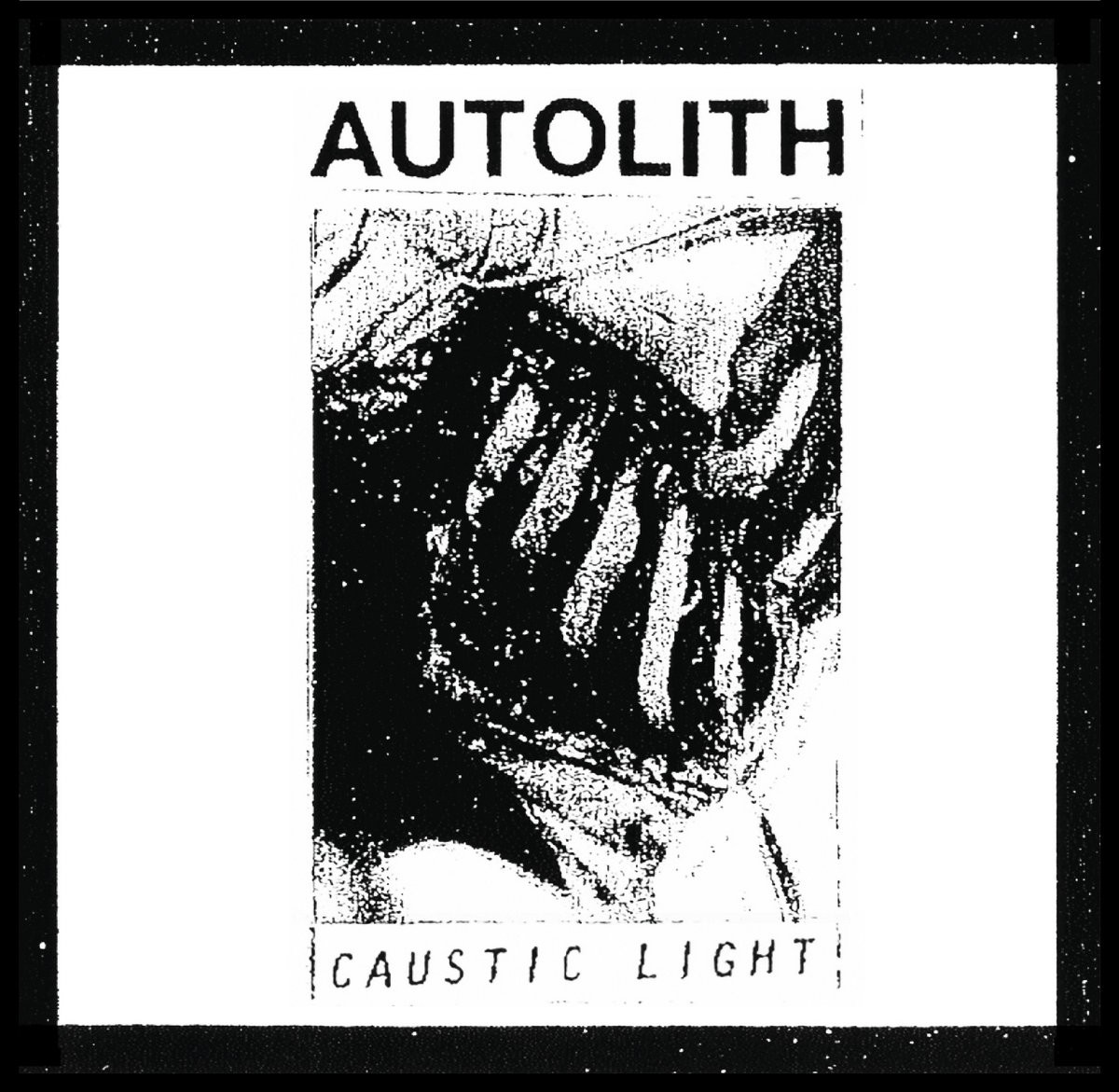Memphis cultural organizations are planning for an uncertain future.
A recent study published on the Know Your Own Bone website had some information that cultural organizations are studying carefully. The survey asked what it would take to make people feel safe and comfortable in going back to the cultural places we’ve had to give up during the coronavirus pandemic. When can we safely go back to the theater? The museum? The symphony?
The upshot is that there are various factors, and some attractions (theaters, concerts) will have a somewhat tougher time getting people back than others (museums).
The study is being closely examined by those in the culture business. And figuring out how to survive has been an ongoing topic, not just within organizations, but among their leaders. That was made plain in interviews with local heads of these organizations. And every one of them is facing dire circumstances, but every one is planning on surviving.

Ned Canty
Ned Canty, general director of Opera Memphis, describes the problem: “I have said for years that part of what makes opera and other live performing arts special is that you’re in there breathing the same air as the people. Of course, that’s no longer a selling point for any of us.”
It will likely get back to that someday, but for now it’s up to digital technology to make opera special. “We’re doing as much online content as we can,” Canty says.
For example, he says, Opera Memphis has done a Facebook live stream “where we’ve got singers from all over on a Zoom call and you can vote on what they’re going to sing. That kind of thing feels different to people than us just posting something that’s been prerecorded. The idea of something that’s happening right now being different than something that happened previously may sound small, but that’s definitely informed the way that we think about how to create digital content or curate the content that we’ve created in the past.”
Canty says he — and all arts organizations, to some extent — are wrestling with the imminent question: “We are asking ourselves what does a season look like in a time when people don’t want to gather in groups or are not allowed to gather in groups for whatever reason?”
Along with that, he notes that some issues that have been more or less on the back burner of arts groups are suddenly imperative. “The timeline has changed, and we’ve all been thrown into the deep end of the online content trying to figure out, what does this mean?” he says.
“We’ve already learned that there are certain things that we could’ve been doing for years that would have added value for our patrons,” Canty says. “And we haven’t been doing them, in part, because of the time it takes to learn how to do these things and how to do them well — there was never time for that. Well, now we have to learn these things.”
What’s going for any performing arts institution that relies on a gathering of people is the basic human need to see somebody live right where you are. “And the corollary to that is we will always want to share that with someone next to us,” Canty says. “Whether we know that person or not, that increases the value of the experience for everyone. Otherwise, why would anyone go to concerts when they own every album? Why would anyone go to a ballgame when they can watch them on TV and have a much better view? It is a basic human need that will not go away.”
So, all that’s needed is a miracle cure. “We need to be back doing shows and theater soon,” he says. “And that means coming up with a plan in case nobody wants to leave the house or can’t leave the house. What do we do with this period where restrictions have been lifted but people are not yet comfortable?”

Steven McMahon
Steven McMahon, artistic director at Ballet Memphis, says that canceling Cinderella at the Orpheum and postponing summer programming has been tough. But he’s determined to keep bringing dance “with technology as a buffer until we can be together again safely.”
Last week was the organization’s first online performance, and though a bit glitchy, the response was encouraging. Ballet Memphis is having dance classes online on YouTube, and virtual Pilates classes, and wants to do more.
As for the business, McMahon says, “We’ve had to make some difficult but prudent decisions, and while it has been uncomfortable, our long-term sustainability is our greatest concern. We are dedicated to our dancers and, with significant help from supporters, have thankfully been able to honor their full contracts for the season.”
As for the next season, he’s pressing ahead. “I have planned a season that is about joy and hope, two things that I think we will all need when we come through this storm,” he says. “I have had to completely redesign what next season looks like for us, but I promise we will never compromise on quality or originality. Next season looks different, but it looks great.”
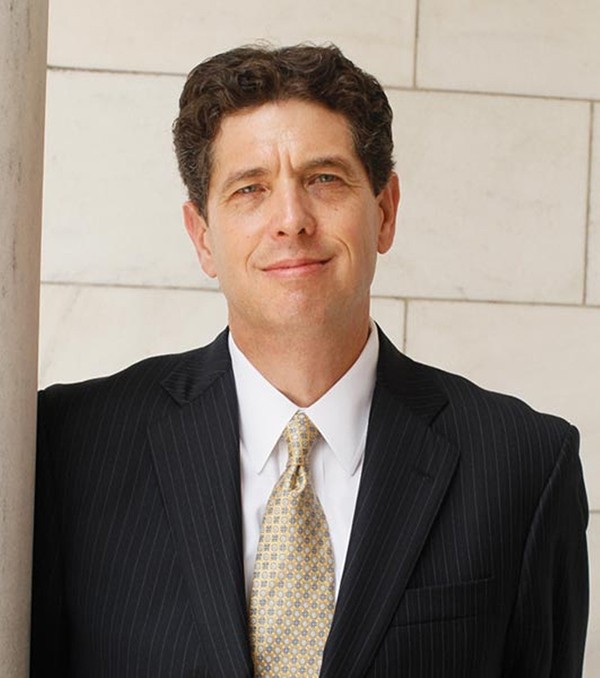
Kevin Sharp
The Dixon Gallery and Gardens has one advantage: Much of what people enjoy is outdoors, and when restrictions ease, people are likely to want to find places with spaces.
“We probably will bring staff back from working at home very gradually,” says Kevin Sharp, director of the Dixon. “We will almost certainly start with the gardens team, and they will have a tremendous amount of work to do to make the Dixon presentable again. We have kept everything alive on the grounds, but it is impossible to do much more than that.”
When the gardens are reopened, there will still be cautions. “Even with 17 acres, we may become more explicit about what people can and cannot do on the property,” Sharp says. “Once the museum can reopen, and I have no sense of when that will be — June or July perhaps — we may have to limit access to an agreed upon number of visitors at any given time. We have great exhibitions scheduled this summer and this fall, and I am eager for people to see them, but not if it puts them or the Dixon staff at risk. It all feels manageable, but a lot more complicated and structured than business as usual.”
The Dixon staff, he says, is going through various scenarios regarding education programs, outreach, workshops, lectures, special events, and facility rentals. “Under the best of circumstances,” he says, “maybe all of our programs resume at some point, only with much tighter controls. In a worse situation, we would double down on the virtual experiences we are already creating.”
Sharp says the Dixon has lost some revenues that won’t be recovered, and it’s in an austerity mode as far as spending. “But there is a great deal we can do just by rolling up our sleeves and working together, even if working together means working separately. We will stay that way for as long as we possibly can, and by that, I mean for the duration. Together, we will make things happen.”
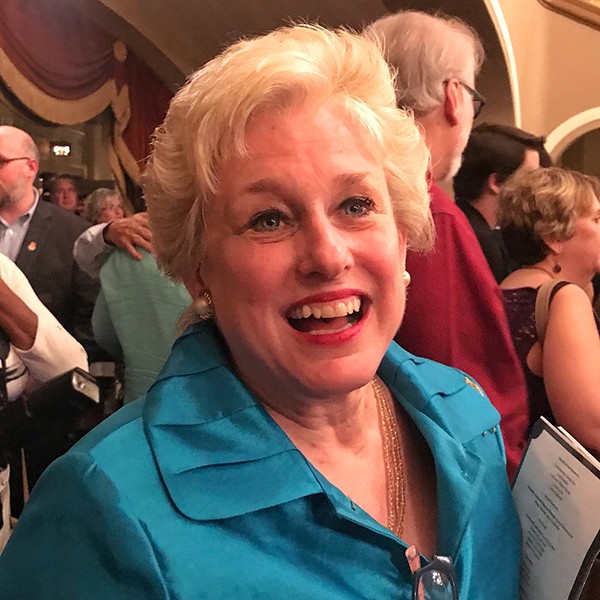
Debbie Litch
Theatre Memphis was in the unusual position of already being dark as this pandemic came into being. Its 100th anniversary season begins this fall, and it closed down in January to begin a renovation and expansion of its facility. That work continues, and Theatre Memphis hopes to open Hello, Dolly! as scheduled in late August.
But, as executive producer Debbie Litch says, changes have already begun: “We have completed the virtual auditions for our first three shows of our 2020-21 season including Hello, Dolly!, The Secret Garden, and One Flew Over the Cuckoo’s Nest. The process was totally new and different, but successful.”
The rehearsal process is likely to be different, with a limit on the number of people allowed to rehearse at one time. “Safety is always a top priority at Theatre Memphis for our staff, actors, volunteers, and patrons,” she says.
Litch says that preventive measures are being incorporated even as the revamped facility comes together. “It will allow for more distancing between patrons with additional restrooms and sinks, multiple entrances, and expanded spaces in the lobby, as well as a new south corridor and porte-cochère,” she says. Before opening, the building will undergo a deep cleaning.
And the process of attending the theater will be different. “We will adhere to six-foot-separation lines at the box office, will call, restrooms, and concessions,” she says. “We will ask our bartenders, box office, ushers, and house managers to wear masks.”
Litch is unsure just how the seating arrangements will change. “We will adhere to the rules if we must space and limit our seating,” she says. “Then we will have to look at adding performances so we can accommodate our patrons during a popular musical production and A Christmas Carol. If that is the case, then I will have to contact the performance rights agencies to see if they can adjust the royalties based on attendance rather than number of shows, which could cause a considerable increase in royalties per show.”
She says, “We are cautiously hopeful that we can proceed with a new or revised regimen in place and look forward to our 100th-anniversary celebration season.”

Ekundayo Bandele
Hattiloo Theatre has had to cancel shows, summer youth programs, and reduce staff. It’s a blow, but founder Ekundayo Bandele has always had the long view and he’s trying to otherwise make the most of the shutdown. He’s been positioning Hattiloo as a significant regional black theater, noting that a third of Hattiloo’s audience is from outside the Mid-South.
With the usual performance avenues shut down, Bandele has been getting creative with virtual performances and virtual programming to expand that by a third. Part of that is having a series of Zoom panel discussions on aspects of black theater with nationally recognized actors, directors, writers, and academics (the second one is Wednesday, April 22nd).
It’s a natural extension of what Hattiloo has long done: promoting discussion in the community and expanding its offerings. “We plan to draw more attention to Memphis by commissioning new works,” Bandele says. “Typically we’ve just done established plays, but we’ve now commissioned a play by Jireh Breon Holder, and if you want to to see it, you’ve got to come to Memphis.”
Commissions and bringing in celebrities into the programming is part of Bandele’s long-term plan to increase the stature of Hattiloo on the national scene. As problematic as the pandemic shutdown is, he says, “It’s given us time to look at what we set in motion, look at how can we better implement what we’ve already set in motion, and then what are some of the other tools that we have that can complement what we are putting in motion.”
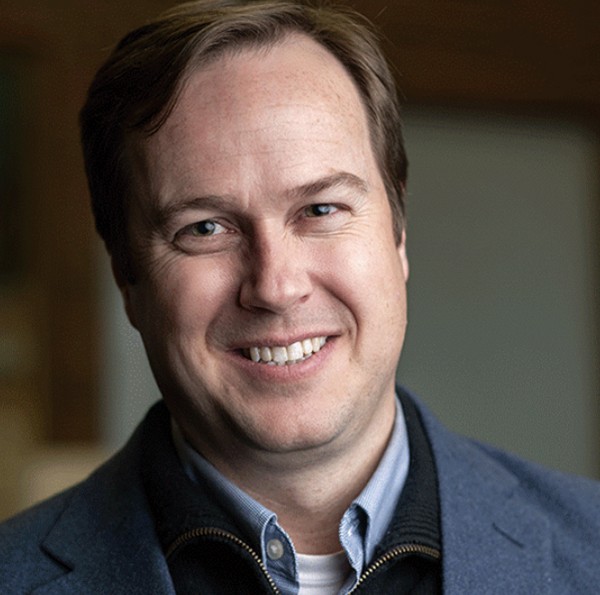
Peter Abell
The Memphis Symphony Orchestra is shut down for now, but not silent. Peter Abell, president and CEO, says, “It’s certainly new territory for those of us whose perceived existence is about gathering people together as a core element. It’s forced us to really think through the important elements, which are artists connecting with people, with communities, with organizations through their skills and their talents. That’s really what we’re about.”
He says playing on stage is what everyone loves to do, and he believes the time will come when the MSO will do concerts again. “Our goal is to just stay as flexible as possible.”
Abell says conversations are ongoing, with musicians, the MSO’s partners, Ballet Memphis, Opera Memphis, and other arts groups, including symphony organizations around the country.
“We haven’t totally come to terms with what that looks like from a long-term perspective,” he says, “but we are pretty clear that our focus is on supporting the musicians. Very early we decided that we would pay the musicians’ contracts for the remainder of the season.”
And it is the MSO musicians, he says, who are coming up with creative ideas on how to stay connected. “We published a virtual performance of Rossini’s William Tell Overture finale, available on the MSO’s Facebook page. Every musician recorded their part, usually on their iPhone camera, and emailed it back. It was all synced up with Robert Moody ‘conducting’ it from his home.”
Music education is a top priority of the MSO, and that’s getting some reconsideration along with everything else. “How can we support traditional music education, the orchestra experience?” Abell asks. “We have a pretty big focus on early literacy through a program we do called Tunes & Tales. A lot of that’s going to be able to continue on maybe a little different look in the way we present it.”
So the planning goes on with an eye toward filling up a concert hall again. “They say absence makes the heart grow fonder,” Abell says. “So hopefully there’ll be a time when people just can’t get a ticket ’cause everyone wants to go.”
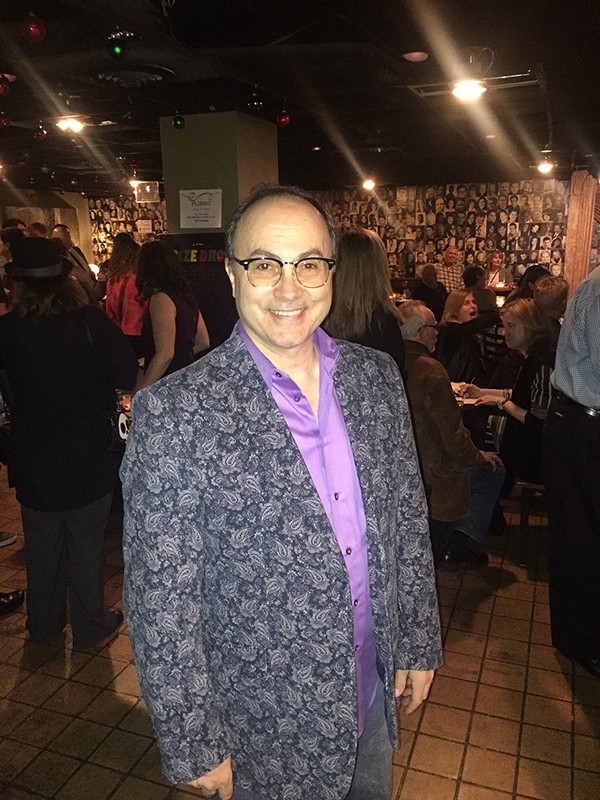
Michael Detroit, executive producer at Playhouse on the Square, says the organization has long been fiscally responsible, which is helping weather drastic changes wrought by the coronavirus.
But the stark fact is that the usual earned income has gone away, and that’s what was used toward paying employees, getting materials, keeping the lights on, and so forth. Playhouse gets grants and donations, but it is ticket sales, classes, and rentals that make up the majority of the budget.
“We’ve been hit pretty hard,” Detroit acknowledges. But to get through it, he got with Whitney Jo, managing director, and decided first that nobody would be laid off — there are 40 full- and part-time employees — and that contracts would be completed. “We shut down three shows that were in the middle of production — up on the stages — and that was a huge hit to our finances,” he says. We ended up canceling two more. We canceled two education programs. We postponed three shows. We postponed three other education programs. And we canceled our largest fundraiser of the year, the art auction.”
Detroit says that they’ve been undertaking financial planning and projections to calculate the various possibilities. Similarly, they have a plan if they can open in June, or if not, then a plan for July, and so on. “We’ve got the programming, we just need to know when to turn it on,” he says. There are committees that meet daily, and there are meetings with other arts groups, all to find a way through the shutdown.
He says that there won’t be any streaming of performances because none of what they do is in the public domain. “And even if we were allowed to stream something,” Detroit says, “the technology involved needs to be learned and we don’t have that capacity.”
POTS is doing Facebook live events, which are more about marketing, so it can be ready when the doors open again. And when that happens, things will be in place for the new normal. “People will be spread out in the theater,” Detroit says. “So instead of a sell-out being 347 seats, that will probably be, you know, 170 or whatever. And we’ll space one or two seats apart. We’ll have some spacing things done in our lobbies so people don’t have to stand on top of each other. The big thing is going to be when they have a cure for this. That’s when everybody’s going to feel comfortable being next to each other and hugging each other and shaking each other’s hand. But that’s not going to be for a year. So we’ll keep taking it day by day just like everybody else.”
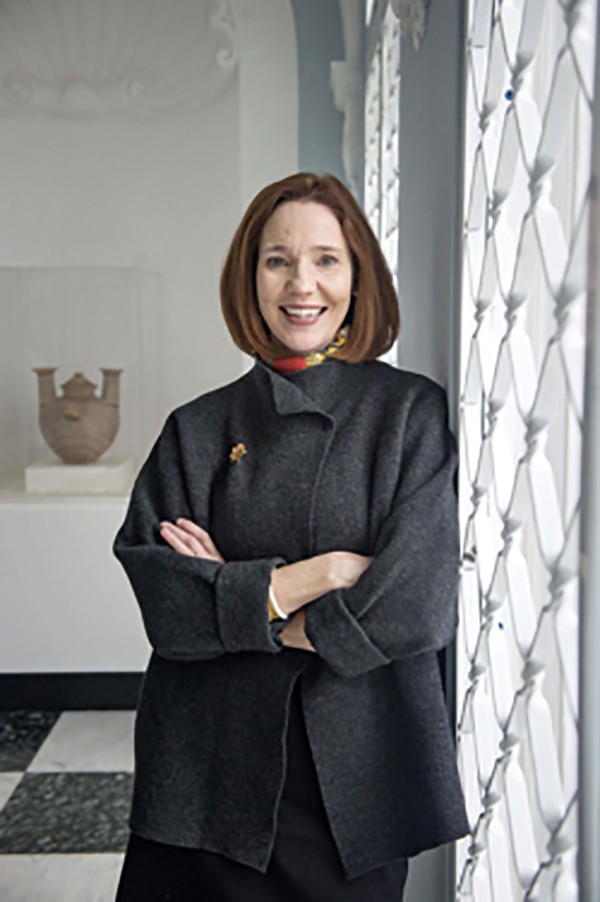
Emily Ballew Neff
The Memphis Brooks Museum of Art has seen many changes in its 104-year history. Executive director Emily Ballew Neff says, “History tells us that after 9/11 and post-2008, whenever there is a cataclysmic kind of change, that people yearn more than ever for cultural experiences, and that visitation to art museums goes way up. Art connects us to what it means to be human.”
The desire to come back to the museum is assured, but the challenge is how to best do it. “When is it ethical and safe to reopen and what does reopening look like?” she asks. “That means doing a lot of scenario planning, and there’s a lot of uncertainty right now as we try to figure that out and look at the different models.”
The approach, she says, requires being nimble. The Brooks had to furlough several of the staff, and its biggest fundraiser in May had to be postponed. Reopening will be on a schedule set by the virus and a hoped-for vaccine.
“[When there is a] vaccine is when everyone will feel, I would imagine, 100 percent comfortable being in larger crowds,” Neff says. “So we’re looking at everything from limited galleries being open and the experiences that go along with that. We’re asking if we need to have the infrared thermometers. Do we need to be looking at how the grocery stores do it for their older patrons, having a separate opening time for seniors? We’re always balancing the safety, ethical, and accessibility questions.”
Neff acknowledges that a crisis like this forces an organization to look afresh at its practices. “For example, our digital platforms were not as robust as they needed to be,” she says. “We needed to pivot quickly because that is the way we reach our audiences now. You’re having to balance those shifting priorities, and do it quickly with minimal resources.”
Meanwhile, museum-goers might expect fewer traveling exhibitions for now. “There’s a sort of ballet dance that happens behind the scenes of an art museum that has to do with the crating, the shipping, the insurance, the courier trucks, the security, and the people to do that. And so that is definitely going to slow down, and some instances stop, at least in the short-term.”
Instead, look for more exhibitions from the museum’s permanent collection. “We’ve always wanted to do a lot of collection remixes and use the time before moving Downtown into a new building [planned for 2025] to continue the evaluation of the collection as we’ve done the past couple of years, but also experiment with a number of different installation ideas.”
Education is a crucial element of the Brooks’ existence, and Neff says they’ve been moving on that front. “The short-term impact is that everything planned for this period is moving online,” she says. “This past week we had home-school day, but that obviously had to move online. So did all of the materials, all of the planning that went into that, all of the preparation, all of the curriculum. And we have a very robust home-school program that is now available online.” Those short-term moves will likely become long-term as well while the museum works with school systems to scope out the future. — Jon W. Sparks
Indie Memphis (and Film Festivals)
One of the great unknowns of the post-pandemic world is what the film and theater industries will look like. As a business designed around gathering large numbers of people together for a shared experience, movie theaters were among the first closures, and could be among the last venues to come back online. One problem is that even if a movie theater owner has good reason to believe it is safe to reopen, they couldn’t do it easily, since all the Hollywood studios and national film distributors have pulled their planned offerings, either delaying release dates or prematurely pushing films to streaming services.
Plans to reopen the theater chains will have to be coordinated at least regionally, more likely nationally. Memphis-based Malco Theatres declined to comment for this article.
Film festivals like Indie Memphis face both a dilemma and an opportunity. From the industry perspective, the traditional idea of a festival is to get films in front of an audience of cinephiles in order to gauge their potential for wide release and to make a case for purchase by distributors. For the audience, it’s a chance to see next year’s hot movies today, and to see stranger, more niche, or cutting-edge work. The close mixture of artists, pros, and audience members at screenings, panels, and parties is crucial to the festival atmosphere — but it also presents opportunities for coronavirus transmission. Sundance, for example, which is held in Park City, Utah, in January, is notorious for “the festival flu.”
For Indie Memphis, which hosts year-round programming, the timing of the pandemic was particularly bad. Last year, the festival announced a partnership with Malco Theatres to take over a screen at Studio on the Square that would expand the festival’s weekly arthouse and indie screening programs to seven days a week. Indie Memphis executive director Ryan Watt says they were busy preparing the Indie Memphis Cinema when the shutdowns began. “We were days away from announcing a campaign leading up to opening night. And we were planning on April 9th, so in early March, we realized this might not even happen.”
So, Indie Memphis, like the rest of the country, pivoted to living online. “Most of the Hollywood movies have been delayed,” says Watt. “But the smaller, niche, arthouse titles, foreign films, and documentaries decided it doesn’t make any sense to delay. They might as will find a way to get the movies available online in some capacity.”
Easier said than done for festivals and cinemas whose business model and copyright management regimes are designed around the in-person experience. That’s where an innovative company with deep ties to Indie Memphis stepped up.
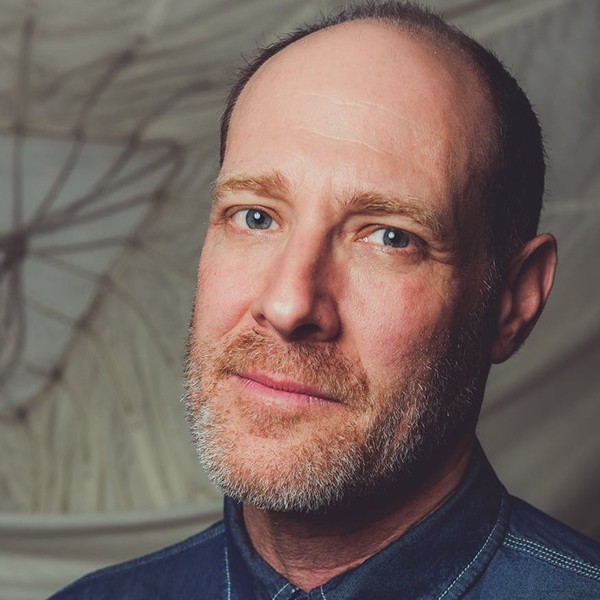
Iddo Patt
Eventive grew out of a need in the film festival world for a better ticketing system, says founder Iddo Patt, a Memphis-based filmmaker, producer, and longtime Indie Memphis board member. “The basic problem was that the festival sold passes, but also wanted to sell single tickets to the movies. But you had no way of knowing which pass-holders were coming to what movies, so you had to set aside a certain number of seats.”
The information disparity would sometimes lead to films that were marked as “sold out” playing to half-empty theaters while frustrated, would-be audience members stewed in the lobby. “The idea was,” says Patt, “could you make a virtual punch card that would let somebody who bought a pass reserve a ticket to a movie, and then you could also sell tickets to the movie directly to people who only wanted to buy single tickets, and they would all come out of the same place?

Theo Patt
“It seems pretty straightforward, but it’s not simple to implement. So I asked my son Theo, who at that time was was 15 years old but a very serious computer programmer already, if he could find us something that we could use that would do that. He said, ‘There’s nothing off the shelf, but I will build it for you guys.’”
Indie Memphis launched the ticketing system that would come to be known as Eventive in the fall of 2015. It was a game-changer. It not only allowed the festival to keep better track of their box office, but also allowed festival-goers an easy way to plan their experiences. “The way he built it, it wasn’t just that it did the tickets, but it also displayed the online schedule of events and films and basically created a whole customer-facing website,” says Patt. “People loved it. So in 2016, Theo re-architected the platform to be functional for multiple festivals.” The Patts had to figure out how to cope with growing demand for a product they didn’t expect to catch on. “The next year, [Theo was] heading into his senior year. So I had to think about, how is this thing gonna continue without being a burden to him while he’s in college?”
Patt met with a number of software companies to gauge interest in the nascent product. “They said, ‘You have a mature and highly developed platform here, and there’s nothing else like it. What you really need are sales.’ So in 2017, we decided we would turn it into, essentially, a free-standing product that was available to everyone.”
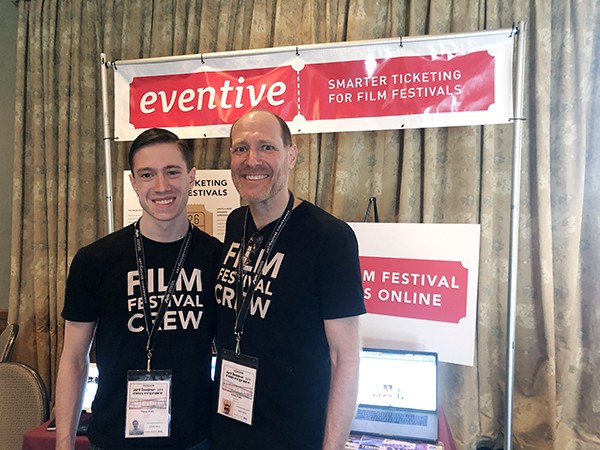
Eventive formally launched with a presentation at the January 2018 Art House Convergence conference. Demand surged immediately. “We went into this year with 118 festivals and art house cinemas around the world using the platform,” says Patt.
By March, Theo was studying Computer Science at Stanford University and Iddo was traveling the film festival circuit signing up new customers and helping new users implement the system. Iddo says he was driving from New Orleans to Memphis when he realized the world was about to change. As the wave of cancellations crashed and Theo was sent home when Stanford closed down, the duo tried to figure out how to translate the festival experience online. “How can we take this infrastructure that we built and connect it with some kind of streaming option that we can offer our partner festivals, just to continue to be able to show movies to folks? We looked at the platforms that were out there and pretty quickly realized that there was nothing that would work to provide us a seamless customer experience — an Eventive-level experience.”
Once again, the problem is more complex than it sounds on first blush. “It is very, very important to strictly protect the film, and to protect it in a way that there’s not somebody unlocking it with a password or a code or whatever,” says Patt. “The content protections are actually built into the system, and the event organizers are able to strictly limit the availability dates. The film festival model is based on filmmakers and distributors giving festivals films for free or for a nominal rental fee, and the film festival brings in an audience. But the idea is that the audience is there for a defined period of time with a limited number of seats in a particular place. We wanted to give the festivals the ability to sort of replicate that model.”
In a matter of weeks, Theo had cranked out the new code and Iddo was wooing clients. By early April, the Indie Memphis Movie Club served as a test case, and they scored a major coup by convincing Sony Pictures Classics to entrust the new platform with their new release The Traitor. By last week, Eventive had signed up 20 festivals that had previously canceled to shift to the new online platform. This week, the Oxford Film Festival will become the first to use the Eventive system to take place fully online.
Indie Memphis’ Watt says everyone has been pleased with the new system’s performance so far, and they will soon be using Eventive exclusively for weekly Movie Club screenings. He says the organization’s annual film festival will take place as scheduled in late October, but depending on the prevailing epidemiological conditions, it may be an online festival or some blend of live and virtual events. But given the considerable effort being thrown into the innovative new systems, Watt believes the online component will be a staple of film festival life going forward. “We want to get to a point for the user where the Indie Memphis platform will be one more thing — like Netflix — that they’re just used to.” — Chris McCoy
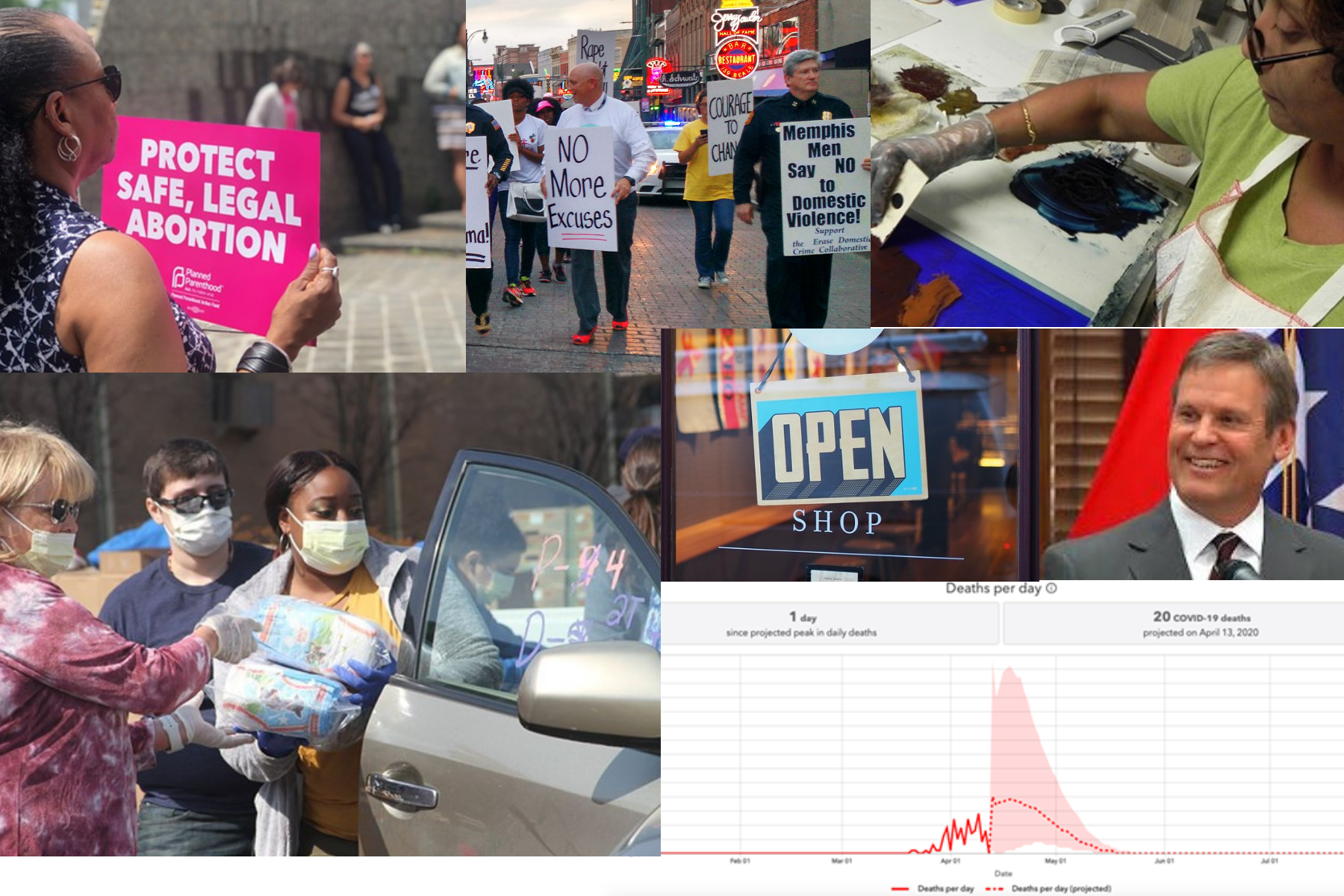

 Jeffrey Seidman/Nextdoor
Jeffrey Seidman/Nextdoor 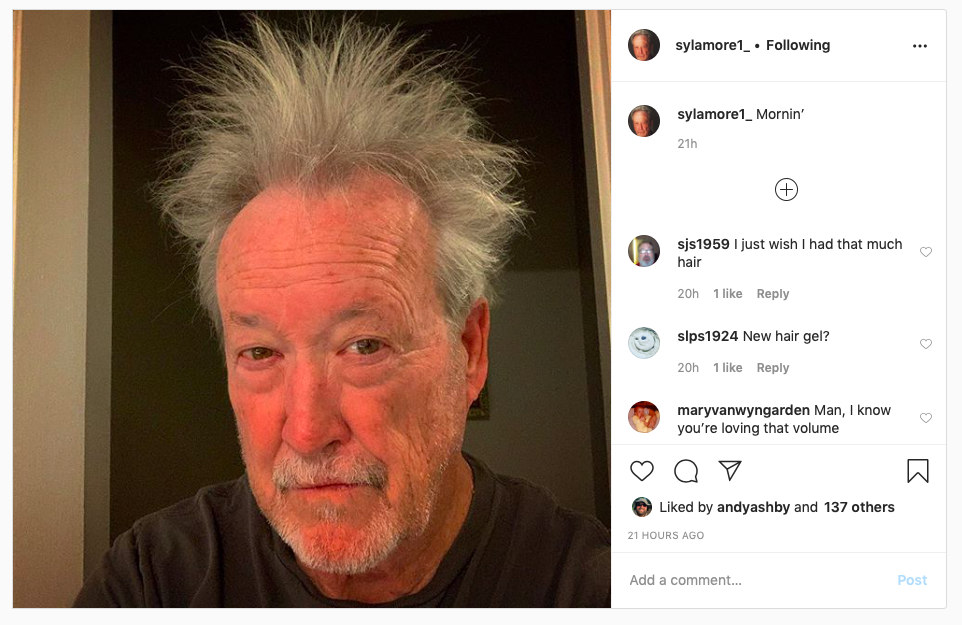 Bruce VanWyngarden/Instagram
Bruce VanWyngarden/Instagram 

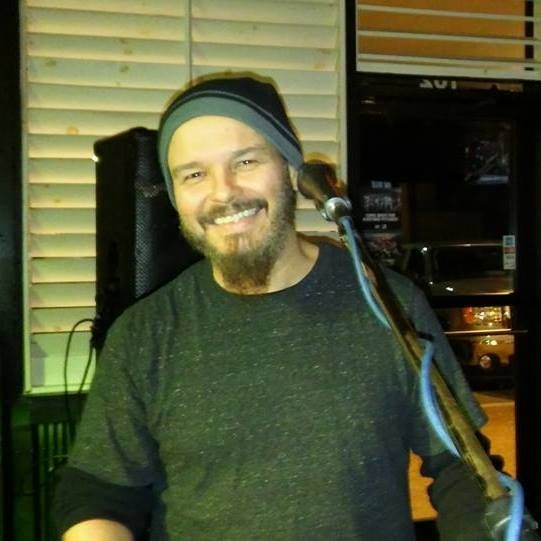
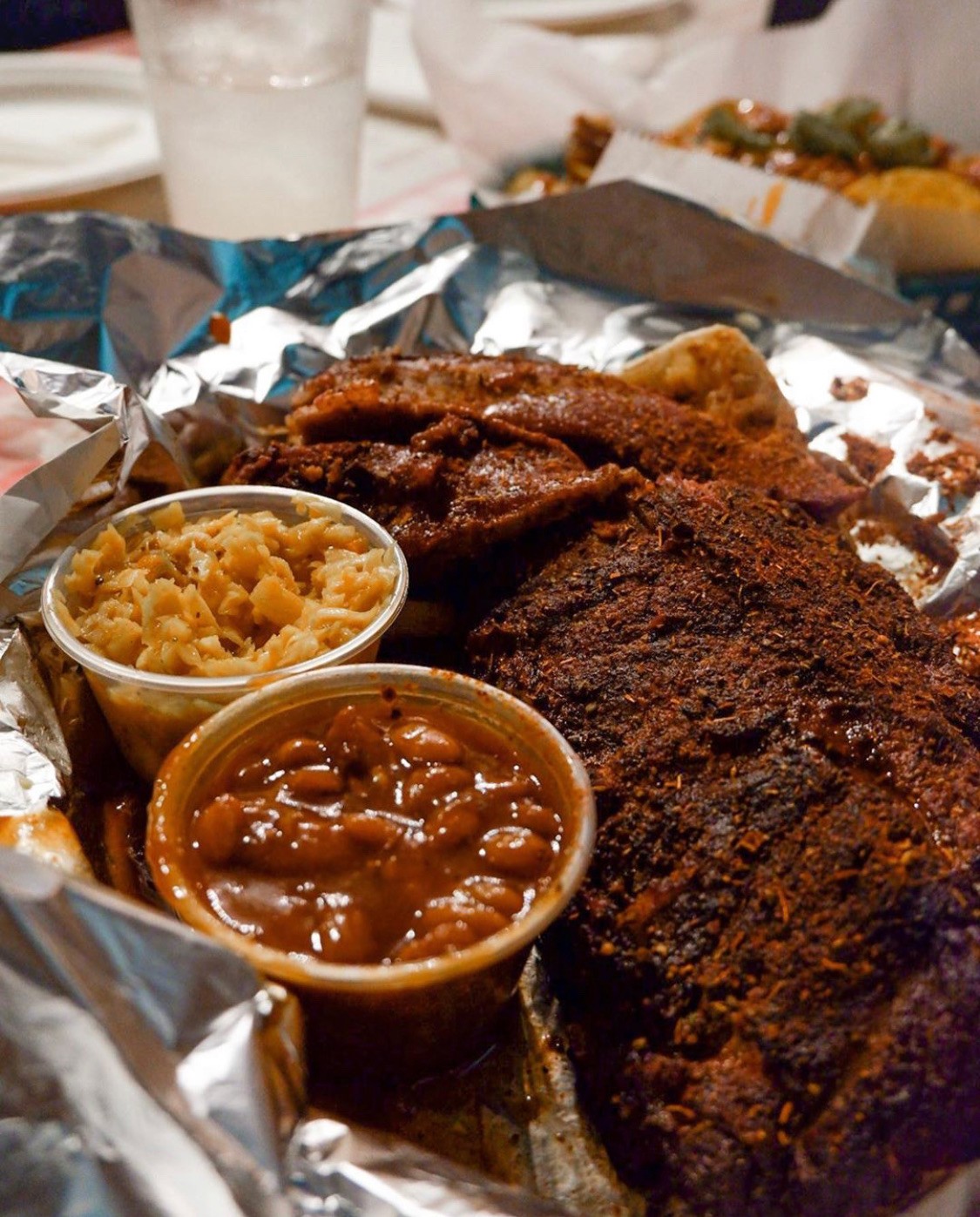 Photo courtesy of The Rendezvous
Photo courtesy of The Rendezvous  rt.live
rt.live 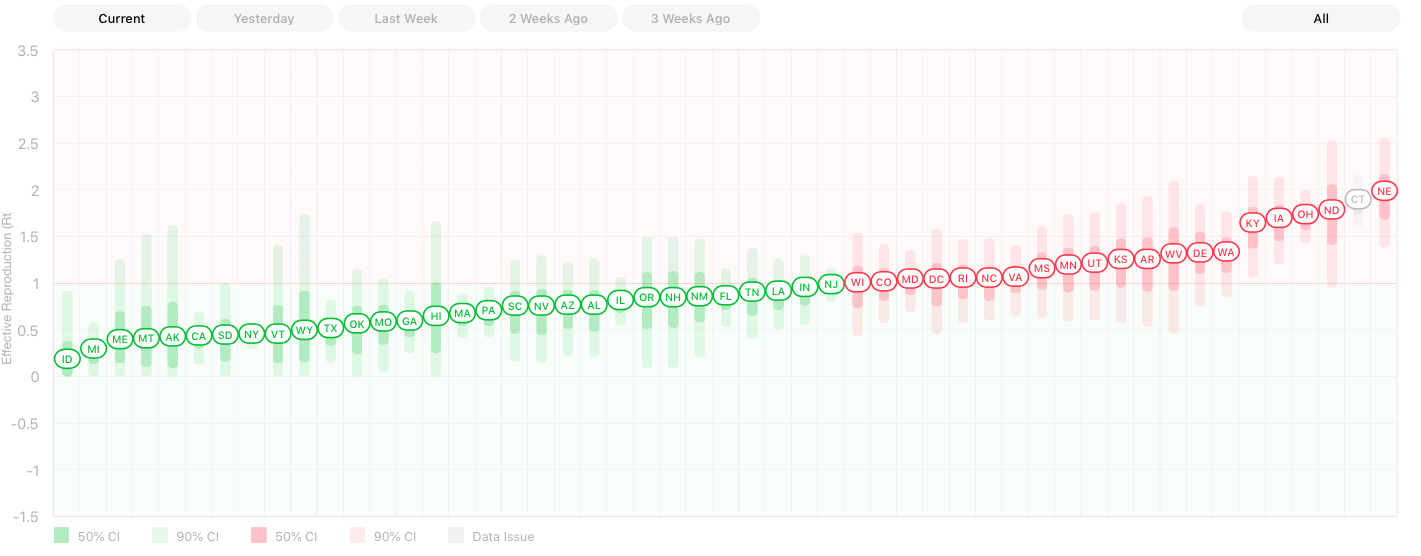 rt.live
rt.live 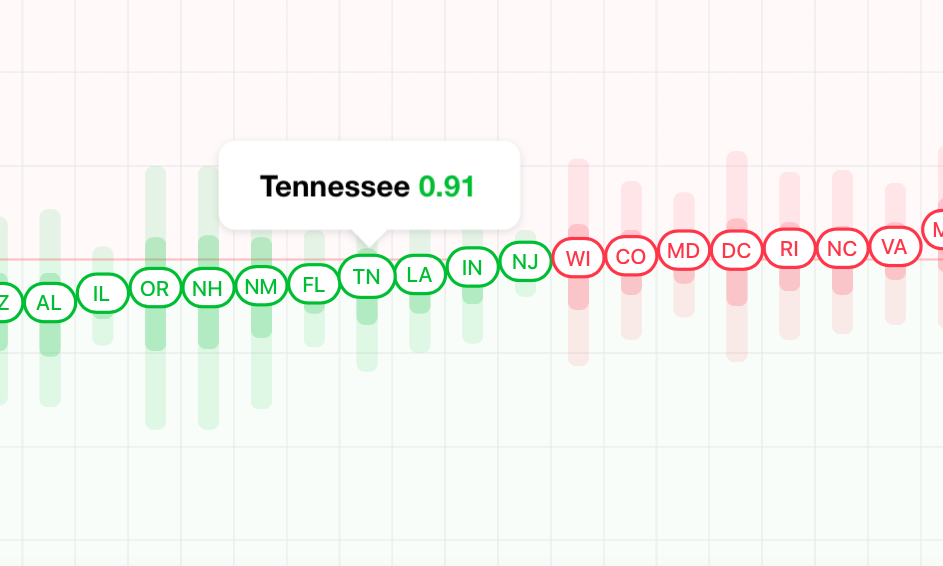 rt.live
rt.live 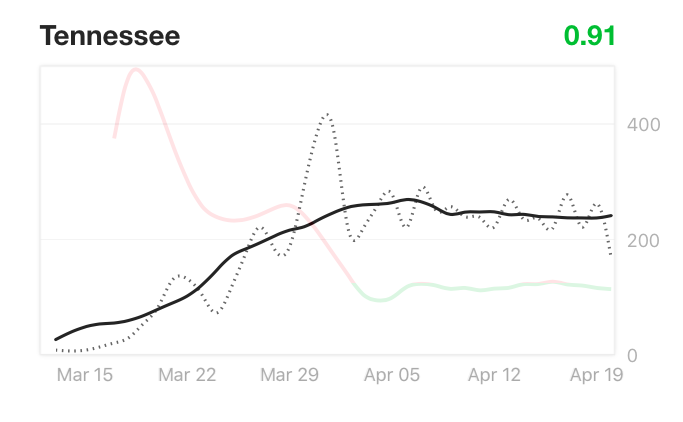 rt.live
rt.live  Vanderbilt University
Vanderbilt University 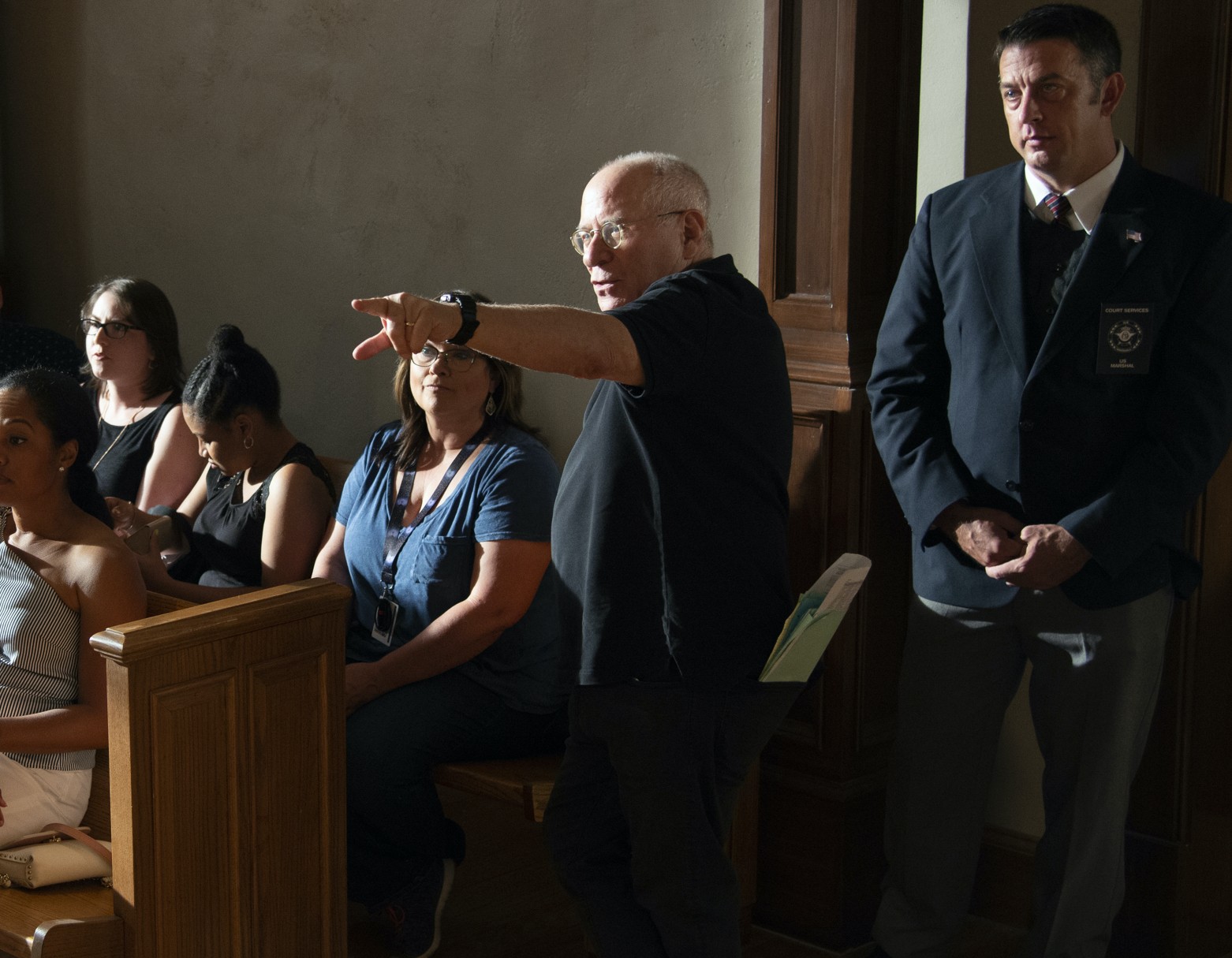 courtesy NBC Universal
courtesy NBC Universal 